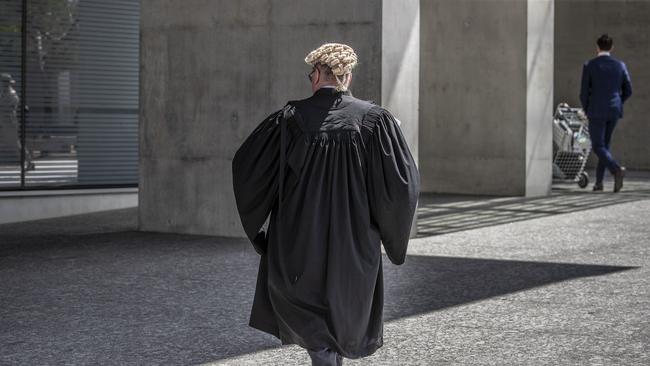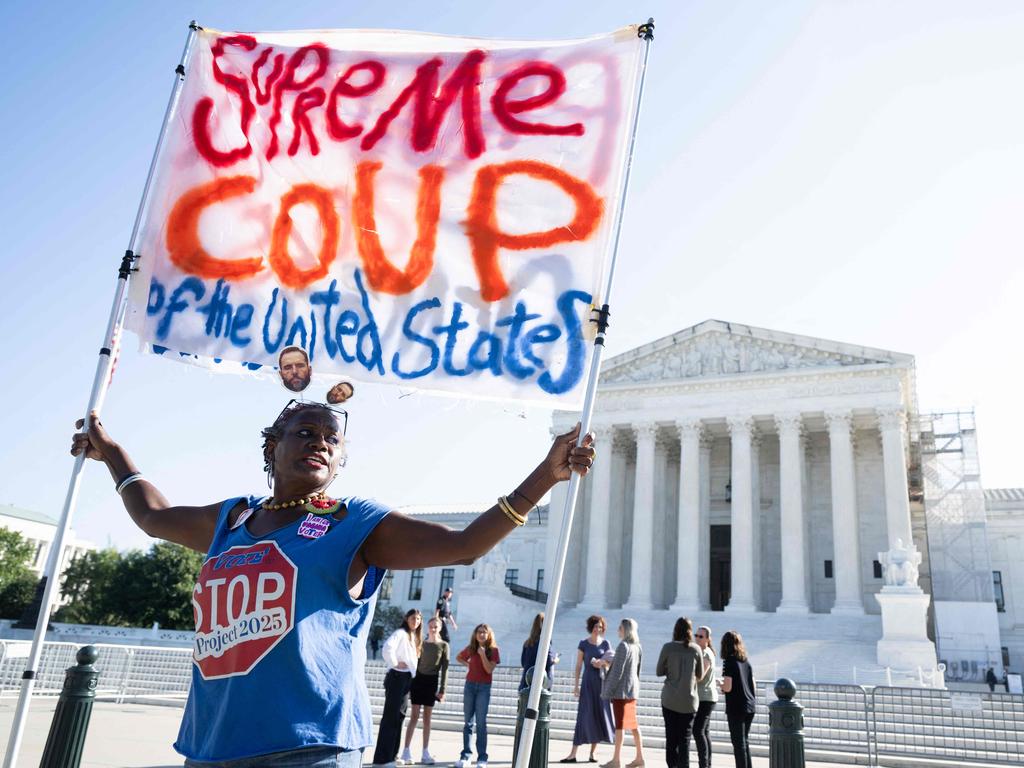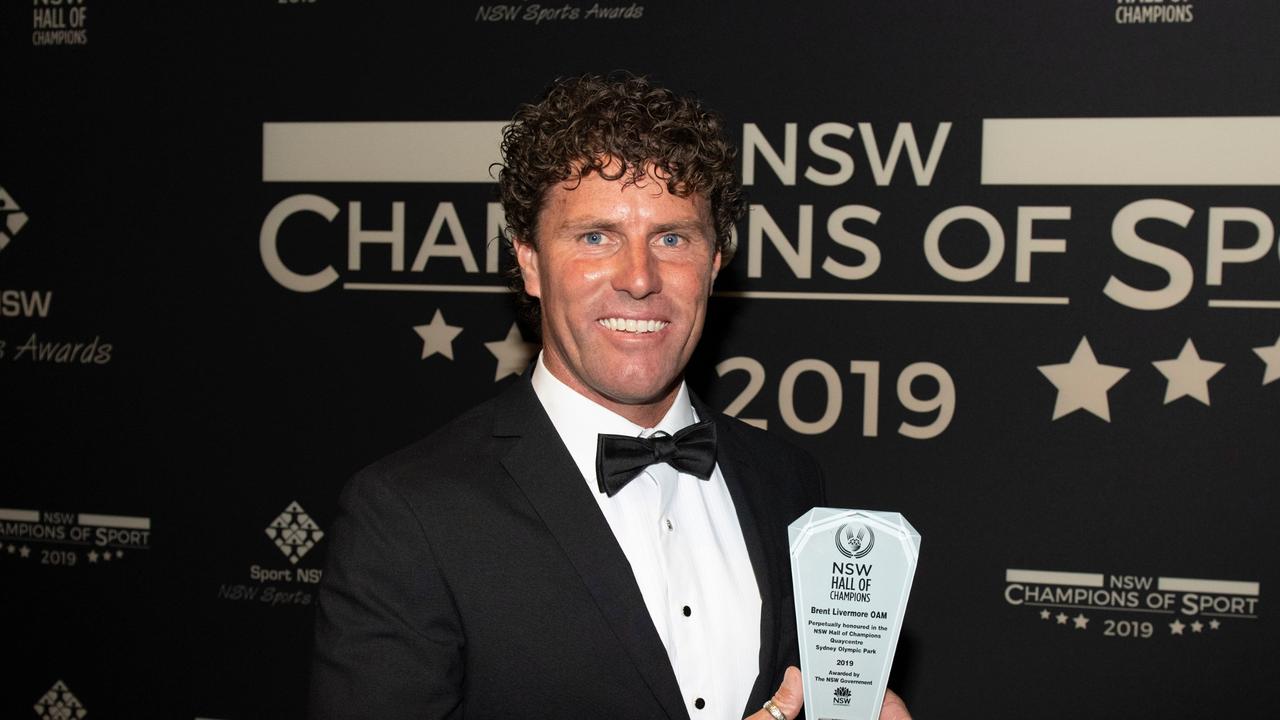Loose regulation of litigation funders leaving Australia vulnerable to foreign influence and activists
‘Australian litigation funding remains open for business to unscrupulous actors seeking to escape the scrutiny of money laundering and counter-terrorism financing regulations,’ report states.

Australia’s lax regulation of litigation financiers is leaving it vulnerable to influence by foreign actors and activist groups, a conservative legal organisation has warned.
The report by the Samuel Griffith Society states that ASX-listed Omni Bridgeway, for example, one of the country’s largest litigation financiers, had previously received exemptions from anti-terror and money laundering rules, which meant it did not have to disclose transactions greater than $10,000 to the federal finance intelligence agency.
The report’s authors called for more transparency and regulation of the litigation financing industry, as they said the rules had “inadvertently allowed an industry of profit-seeking litigation funders to flourish”, – an industry they said was valued at more than $200m a year.
“Australian litigation funding remains open for business to unscrupulous actors seeking to escape the scrutiny of money laundering and counter-terrorism financing regulations,” wrote Samuel Griffith Society executive director Xavier Boffa.
Mr Boffa said funding was increasingly being used by “foreign entities to advance political agendas or derive profits that are ultimately funnelled through tax-friendly jurisdictions like the Cayman Islands”.
The report pointed to the Environmental Defenders Office as an example of how litigation funding was being used by political activists, and highlighted $3.7m in reported income from “other overseas” sources.
“While this practice is not necessarily foreign interference, when litigation is funded by foreign entities in Australian courts, it nevertheless becomes a form of foreign meddling in domestic affairs,” the report states.
“While reasonable minds may come to separate conclusions regarding partnerships with foreign groups in prosecuting public interest cases, the lack of transparency connected with the practice is a concerning feature of the present system.”
The EDO was recently the subject of scrutiny because of litigation it brought that posed challenges to major projects.
The report pointed to regulations introduced by the Albanese government in 2022, that exempted litigation funding schemes from some regulatory oversight.
Financial Services Minister Stephen Jones said at the time that the previous Morrison government’s decision to remove exemptions made it “more difficult for class action plaintiffs to access funding and have their day in court”.
This followed a Federal Court decision that said it was “plainly wrong” for litigation funding schemes to fall under specific definitions under regulation.
The report said the Coalition’s regulations were unpopular with litigation funders and found that Omni Bridgeway had, at the time, sought and received exemption from rules.
“Not only did this exempt Omni Bridgeway from disclosing transactions greater than $10,000 to Austrac, it also exempted the firm from disclosing foreign investments in litigation funding schemes, or any large disbursements from class action cases,” the report reads.
“The Albanese government’s loosening of funding rules in 2022, effectively provided an exemption to all litigation funders akin to the one Omni Bridgeway received in 2020.
“When combined with the removal of the requirement for funders to hold (an Australian Financial Services Licence), the effect of the Albanese government’s changes has been to remove any disclosure regime for litigation funding schemes.
“There is no mechanism to discover where capital used in litigation funding is from – domestic or international.
“Capital received for litigation cannot be blocked or limited. Moreover, funds intended for use in litigation funding are not captured by Foreign Investment Review Board review processes.”
Omni Bridgeway, when contacted for comment as to why it sought an exemption in 2020, said it would have been impossible to comply with the regulation under the Anti-Money Laundering And Counter-Terrorism Financing Act (AMLCTF Act).
“In particular, the impossibility of verifying identity for open-class actions where someone could be deemed to be a member of the scheme and the issuer of the scheme would not be alert to their existence, their claim or that they were a member of the class,” a spokeswoman said.
“Austrac in the interim granted (Omni Bridgeway) an exemption … this exemption meant that we didn’t need to comply with the identity verification requirements of the AMLCTF Act.”
She said Omni Bridgeway no longer had that exemption, but that the new regulations were such that it would not need those exemptions.
A spokeswoman for Stephen Jones maintained the Morrison government reforms made it “more difficult for class action plaintiffs to access funding and have their day in court”.
“The Albanese government reaffirmed its commitment to ensuring the justice system produces fair and reasonable outcomes in class action proceedings by repealing the Coalition’s changes,” she said.
“The government continues to consider the recommendations of the Australian Law Reform Commission.”






